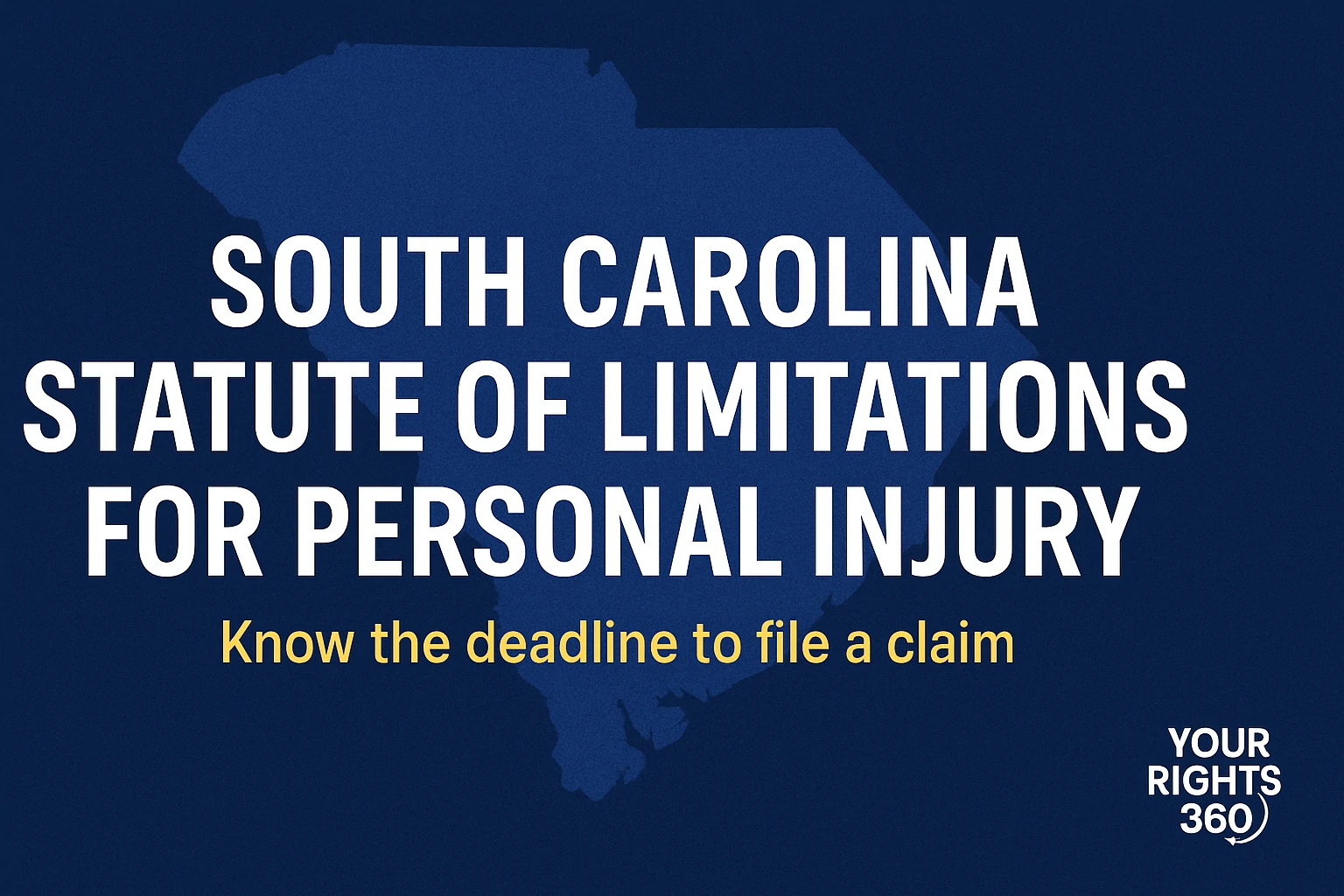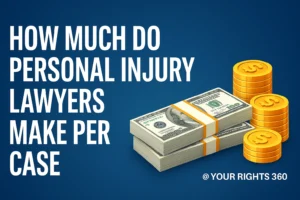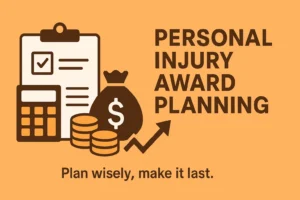An injury can turn your life upside down in a single moment. One mistake from another person can leave you in pain, out of work, and buried in medical debt. After something like this, you may want to take legal action. You may want to hold the other person responsible. But even if your case is strong, you must act fast. South Carolina law sets a strict time limit on personal injury cases.
This time limit is called the statute of limitations. It controls how long you have to file a lawsuit in court. Once that time runs out, your right to sue is gone. The court will not accept your case. You will lose the chance to recover money for your injuries, medical bills, or lost wages. Many people miss this window because they wait too long. Some do not understand the law. Others assume the court will give them more time.
The statute of limitations applies to almost every personal injury case in the state. If you were hurt in a car crash, a fall, or even a medical accident, you need to know the deadline. Understanding this rule can protect your case. Missing it can destroy your claim, even if you are clearly the victim.
This article explains South Carolina’s personal injury statute of limitations in simple terms. It breaks down the timeline, the law behind it, and what actions you should take. If you were injured and plan to seek justice, this is where you begin.
What the Statute of Limitations Means
The statute of limitations is the legal term for your deadline to file a lawsuit. It applies to civil cases and criminal charges. In personal injury cases, it limits how long an injured person has to bring a case against the person or business that caused the harm.
In South Carolina, the rule is clear. You have three years from the date of your injury to file your lawsuit. This applies to most types of injury claims. The law is written under South Carolina Code Section 15-3-530. The countdown starts the day your injury happens. If you miss the three-year mark, the court will not hear your case. That means no trial, no settlement, and no legal remedy.
The law does not allow many exceptions. You cannot ask for more time because you were busy or did not know the rule. The court follows the timeline strictly. If your case is even one day late, it may be dismissed. That is why knowing the deadline matters so much.
When the Time Period Begins
In most cases, the three-year clock starts the day your injury takes place. If you got hurt on January 10, 2024, then your deadline to file will be January 10, 2027. After that date, the court will turn you away. Your case will be legally expired.
Some people do not realize they were injured right away. In rare situations, the law may allow extra time if the harm could not be discovered sooner. This is called the “discovery rule.” It gives you more time, but only under strict limits. You must prove you could not have known about the injury until later. This usually applies in hidden medical errors or toxic exposure cases. Even then, South Carolina puts a final limit on how long you can wait.
In most personal injury claims, the court still expects you to act within three years of the incident. You should not assume you have more time unless a lawyer tells you otherwise.
Types of Cases That Fall Under This Rule
South Carolina’s personal injury deadline covers a wide range of cases. If someone else’s actions or failure to act caused you harm, the statute likely applies. This includes car wrecks, motorcycle crashes, and truck accidents. If you slipped and fell on a wet floor or unsafe sidewalk, the same rule applies.
The law also covers dog bites, unsafe products, and physical injuries caused by poor building conditions. If a person or company owed you a duty of care and failed to meet it, and that failure caused harm, your case will likely follow the three-year deadline.
Medical malpractice also falls under personal injury law, though it includes added rules and exceptions. The three-year time frame still matters, but the timeline can shift depending on when the error was discovered. We’ll explore this more below.
What If a Government Agency Is Involved?
If your injury came from the actions of a city, county, or state agency, different rules apply. South Carolina law handles these cases under the Tort Claims Act. If you were hit by a city bus, injured in a public hospital, or slipped in a government building, the law treats your claim differently.
In these cases, the deadline is only two years, not three. You also must file a formal claim with the agency before taking the case to court. This step must happen quickly. If you skip it or wait too long, your lawsuit will not move forward.
Claims against the government are harder to win and require more paperwork. Courts follow the rules closely. You should speak to a lawyer right away if the government may be responsible. Waiting in these cases is a risky move.
Most people must follow the three-year rule. South Carolina allows a few exceptions, but only in very specific cases. If the injured person is under 18, the time limit may pause until they become an adult. Once they turn 18, they have one year to file the lawsuit.
If a person is declared legally insane or mentally incompetent, the deadline may also pause. When they regain mental ability, the court gives them one year to file. These rules protect people who cannot manage their own affairs. Still, the court applies them with care.
Another rare exception involves fraud. If the person who caused the injury hides facts or lies in a way that delays discovery, the court may allow more time. But you must prove the fraud with clear evidence. Courts do not give more time just because a case is complex.
What Happens If You Miss the Deadline
Once the statute of limitations runs out, your case ends before it starts. The court will dismiss it as too late. You cannot recover any money, no matter how serious your injury is or how strong the evidence looks.
Insurance companies understand this rule. They will not offer you a settlement after the deadline. They may ignore your calls. They know you lost the right to sue. That leaves you with no legal power. Missing the deadline takes away your chance to fight back.
Some people still try to file late. They hope the judge will make an exception. But judges follow the law. They do not bend the rules unless the law clearly allows it. Most late cases are rejected right away. Waiting too long is a risk you cannot take.
Medical Malpractice and Wrongful Death
Why You Should Act Now
Time is not on your side after a personal injury. Many people waste months hoping things will get better. Others wait for a fair offer from insurance companies that never comes. Then they find out the deadline has passed.
You should not wait. Act early. See a doctor. Document your injury. Speak to a lawyer. Mark the date on your calendar. Missing your chance to file is something no one can fix.
The court does not offer second chances after the statute of limitations expires. Your best move is to use the time the law gives you and prepare well before the deadline arrives.
You May Like Also: Can You Win a Personal Injury Lawsuit? Know the Real Chances




